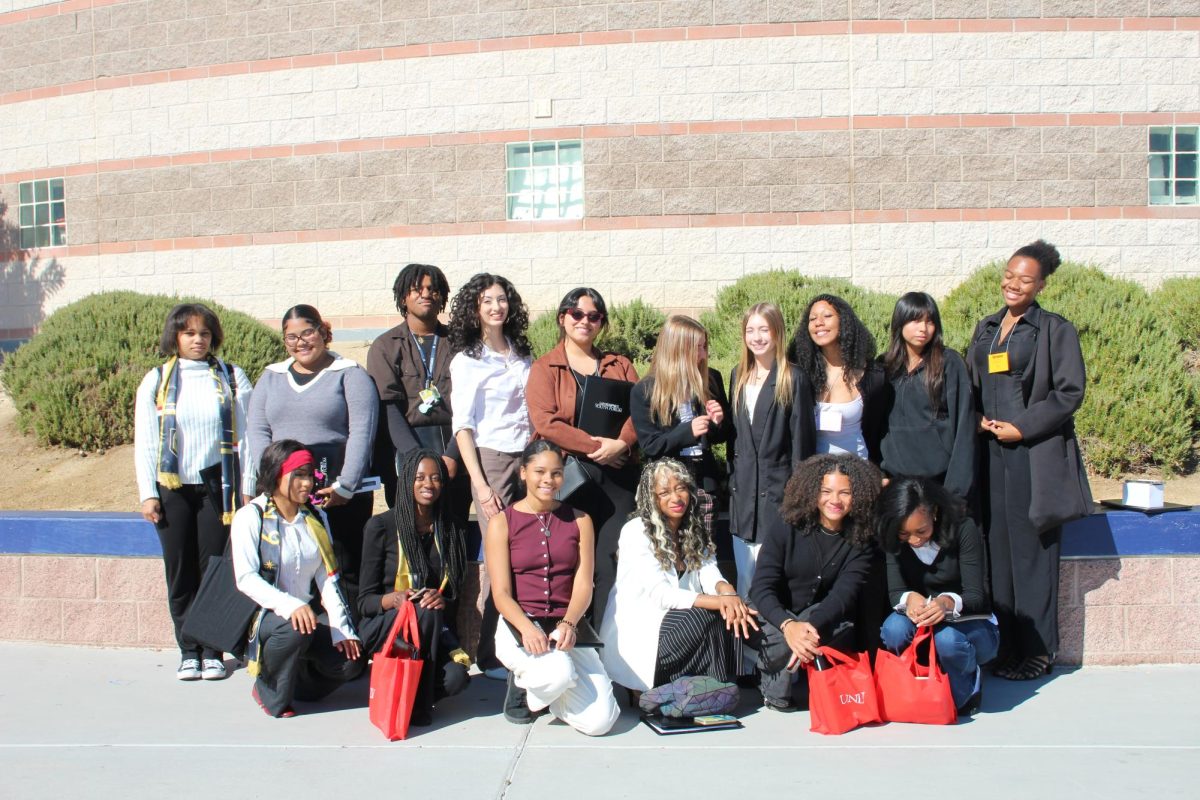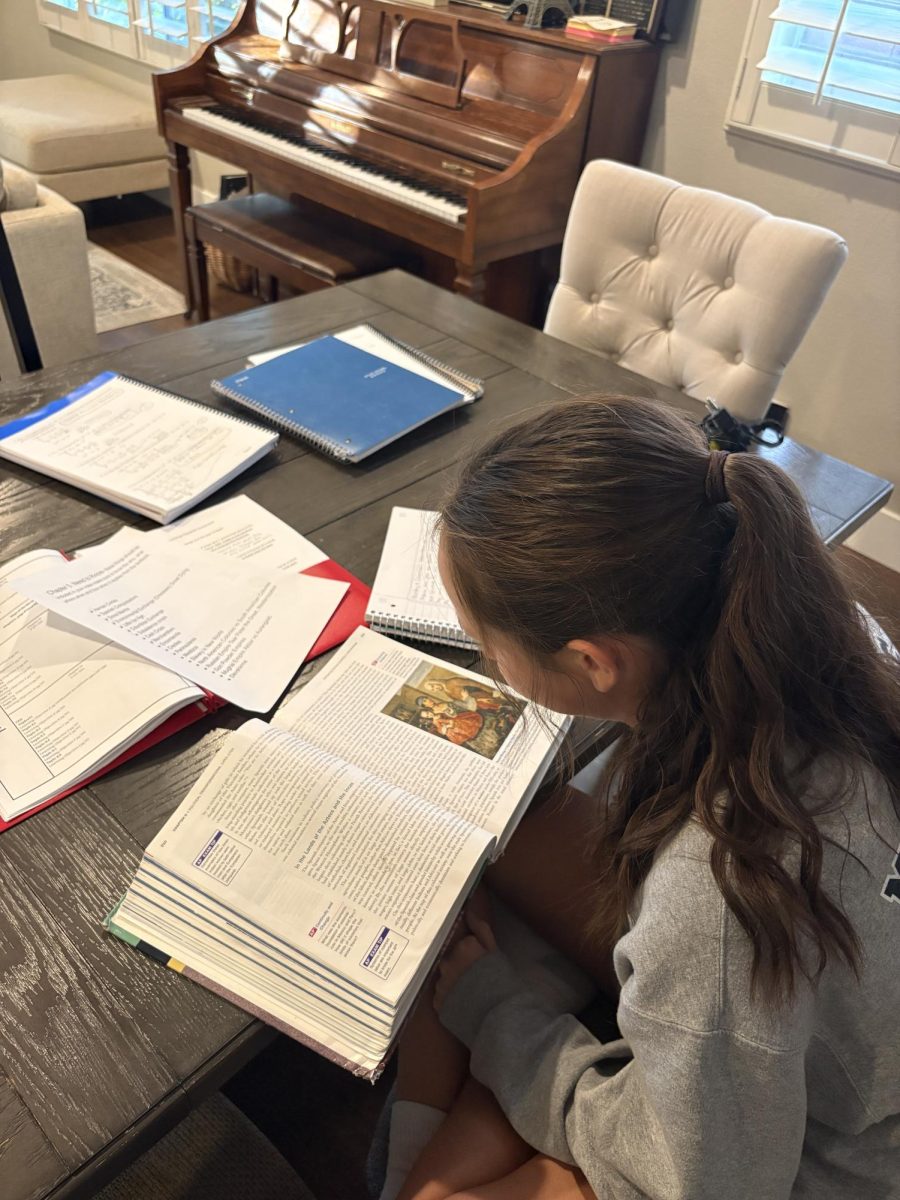The Student Council plays a vital role in shaping the school community by serving as a voice for the student body and fostering collaboration among peers, teachers, and administrators. Acting as a bridge between students and school school leadership, members foster effective communication and collaboration.
Students who wish to join the Student Council will have responsibilities like planning and executing events such as dances, fundraisers, and awareness campaigns that promote school spirit and community involvement. Additionally, Student Council members will collaborate on initiatives to improve the school, such as advocating for new resources, enhancing sustainability efforts, and supporting student well-being. The application process is fairly simple, it involves getting teacher recommendations, two short answer questions, and signing the constitution and behavior contracts. In order to apply, students must attend a mandatory meeting to get all of this information and paperwork.
“By serving as role models and demonstrating leadership, they contribute significantly to the overall growth and development of the school community,” Rebecca Coyle, Student Council Advisor, states.
Student Council members are typically elected through a democratic process in which students’ campaign for positions and are voted in by their peers. This process often involves posters and other forms for outreach to share their vision and goals.
“A strong candidate for student council demonstrates leadership, communication skills, and genuine commitment to serving the student body. Students are approachable, responsible, and able to work collaboratively with others,” Coyle says.
Additionally, qualities such as creativity, problem solving, and positive attitude help them effectively represent their peers and contribute to the school improvement initiatives.

Student Council members gather and represent the opinions and concerns of the student body through various methods that encourage open communication and engagement. Students may conduct surveys, host forums, or organize suggestions boxes to collect feedback directly from students. Regular interactions with classmates, such as casual discussions or meetings also help them understand the needs and priorities of their peers. Once they gather input, council members analyze and present this information to school administrators during council meetings, ensuring that student voices are considered in decision making processes.
“By acting as a bridge between students and staff, they foster a supportive school environment,” stated junior Scarlett West.
Being part of the Student Council benefits its members personally and academically by fostering valuable skills and experiences that support their own growth. Personally, members develop leadership, communication, and teamwork abilities as they work with peers and school staff. Students gain confidence, problem solving skills, and a sense of responsibility through their active roles in decision making, which can improve academic performance. Additionally, participation in Student Council often strengthens college or job applications, showcasing a commitment to community involvement and leadership development.
“I think our best advice would be to just take that leap of faith and join us! Anyone who wants to make our school a better place is more than welcome in our student council, and we encourage people to ask questions if they need!” Coyle states.









